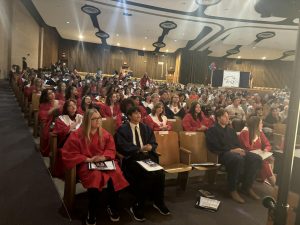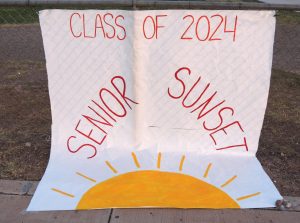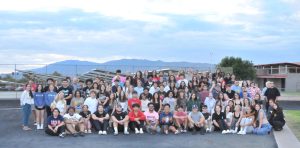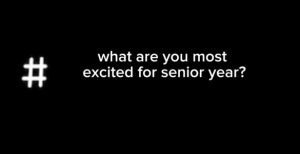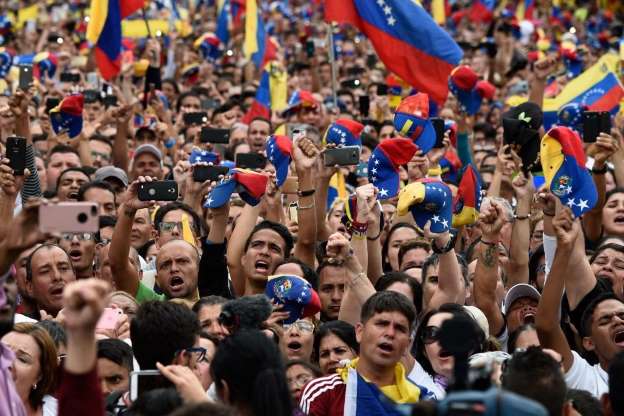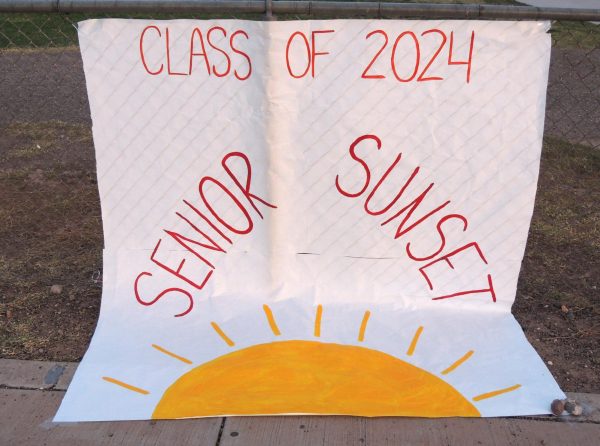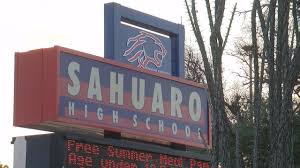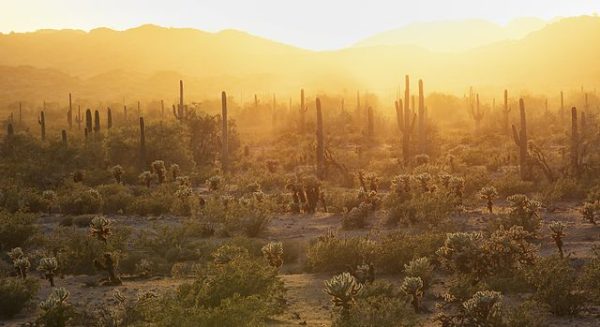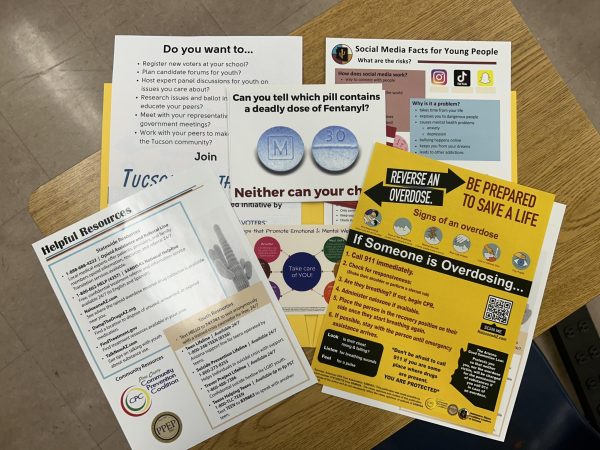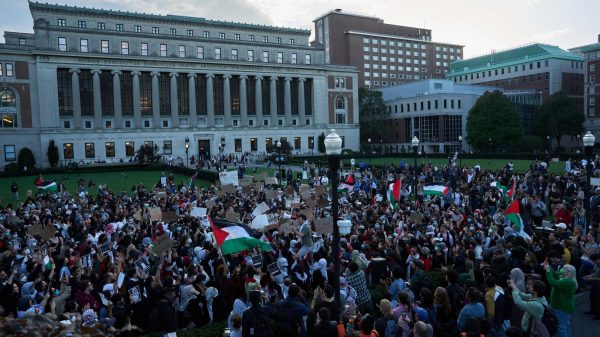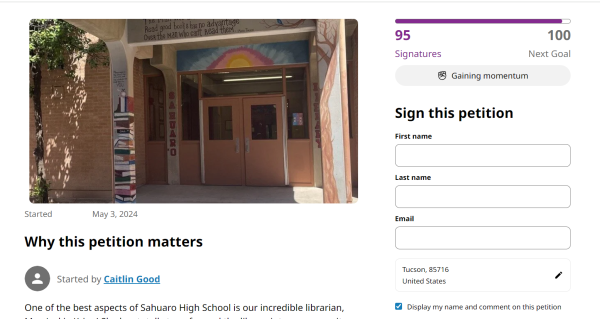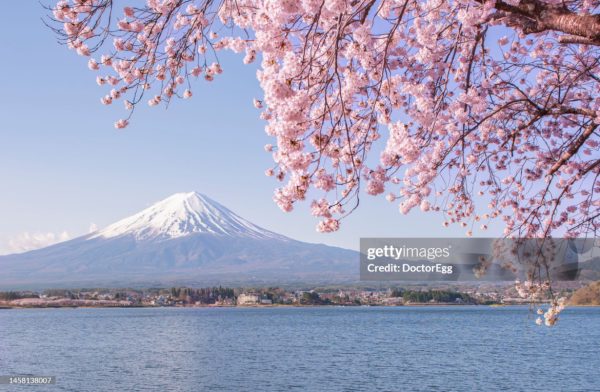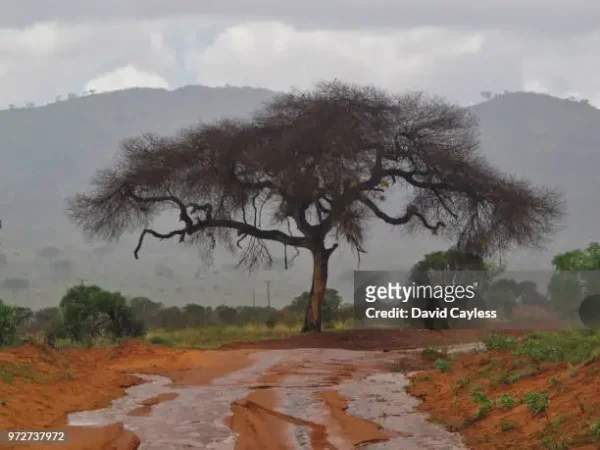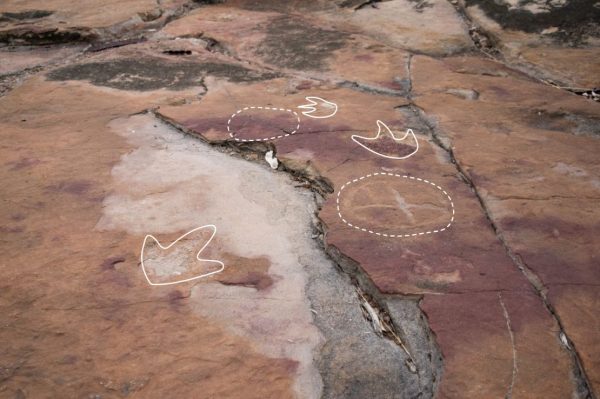Venezuela Crisis
January 25, 2019
On January 23, 2019, Nicolas Maduro gave U.S. diplomats 72 hours to get their things and leave the country, but the U.S. stated that the “former president” no longer had the authority to order the people out of the country – the U.S. is backing the country’s opposition leader, Juan Guaidó, as interim president.
On Wednesday, Mr. Guaidó did declare himself as the president during the mass protest. Mr. Guaidó also called the US Armed Forces to disobey the government.
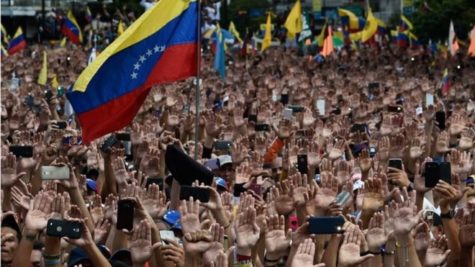
Secretary of State Mike Pompeo issued a statement saying, “Accordingly the United States does not consider former president Nicolas Maduro to have the legal authority to break diplomatic relations with the United States or to declare our diplomats persona non grata.” Venezuelan NGOs stated that there were 14 shot and dead on Tuesday and Wednesday during the protest.
Trump described Mr. Maduro’s leadership as “illegitimate”, adding “The people of Venezuela have courageously spoken out against Maduro and his regime and demanded freedom and the rule of law.” It is supposed to warn Maduro tougher sanctions could be imposed.
Trump has told journalist that he was not going to consider military action, but he did add that “all options are on the table.”
Brazil, Columbia, Chile, Peru, Ecuador, Argentina, and Paraguay have all recognized Mr. Guaidó as legitimate president.
Mr. Maduro believes that Venezuela’s problems are always caused by U.S. sanctions that have hampered the government by making it hard to restructure its department.

